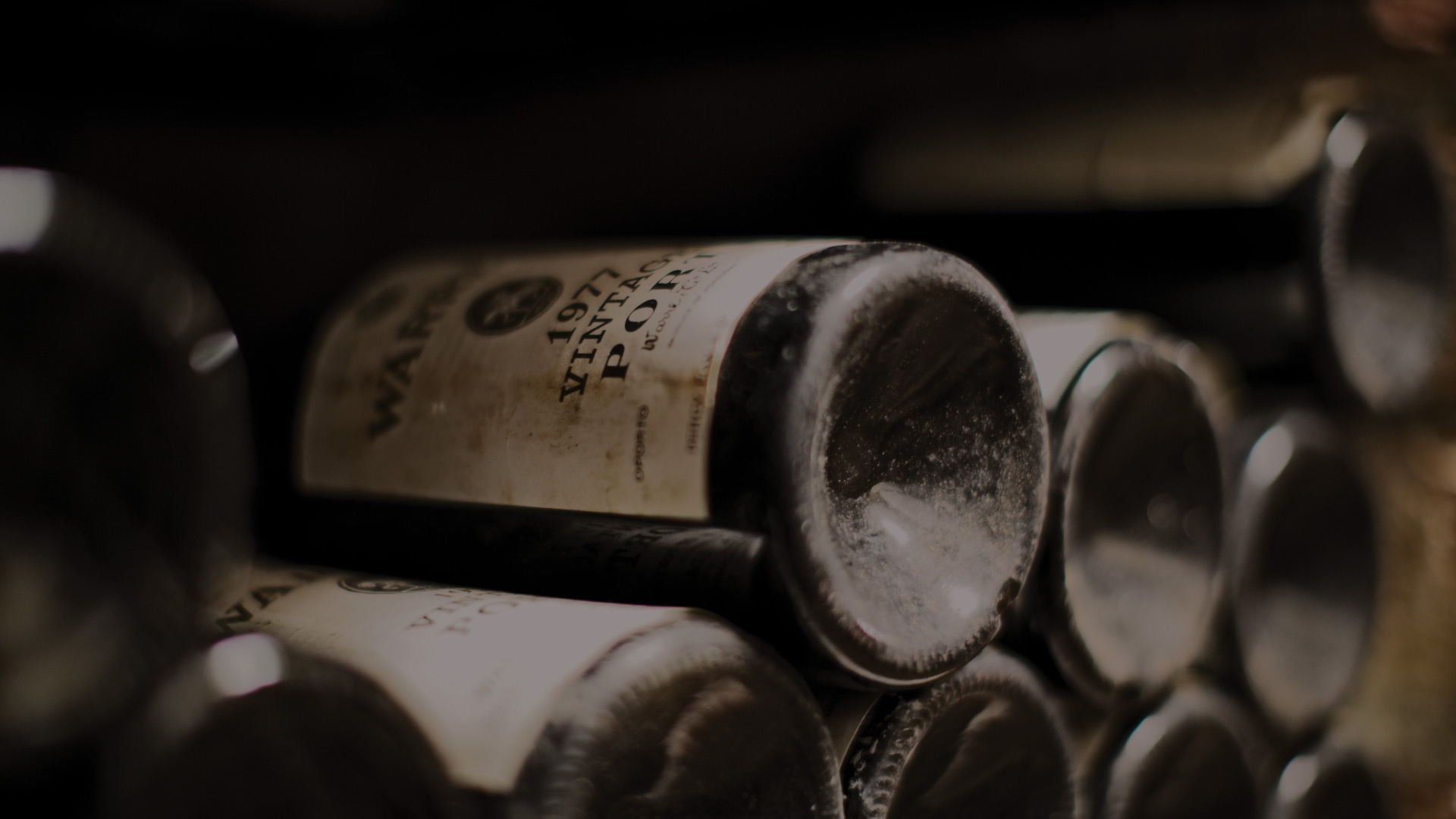How to store your wine correctly for ageing
This is quite possibly one of the most important points you should not overlook and factor into your decision to buy. If looking to resell your case back to the market in the future, the buyer will need reassurance that your case has been kept in an optimal condition within an bonded warehouse just for wine.
The term for storing your wines in a government regulated and controlled warehouse is referred to as storing your wine ‘in bond’. The alternative is to take your wines out of bond whereby you will need to pay the duty & taxes on your wine. However selling your case of wine in the future will not achieve the best market price in comparison to storing your case ‘in bond’.
There are other benefits to keeping your wine ‘in bond’. If kept under bond, the purchase and sale of your wine does not incur VAT or count towards your capital gains tax.
We recommend storing your wines London City Bond (LCB). They have been established since 1988 and have warehouses throughout the whole of the UK. LCB is the largest and most successful privately owned tax warehousing company in the UK.
Before getting involved
The vintage wine market has been popular among fine wine collectors over the years however, we must point out:
The fine wine industry is not regulated, and Our Sommelier is not a financial institution. As such, we do not give financial advice or offer guarantees about the potential increase in a wines’ value.
Our Sommelier is run by experienced wine merchants and as such we are qualified to give information regarding vintages and wines, their quality and prevailing market conditions. This information is based upon our knowledge, acquired from over 30 years combined experience of trading, and our daily dealings in the global wine market. Using our knowledge of this market, we can provide valuations for wines and, in conjunction with past performance of wines, we can give you our informed opinion as to whether a wine might have the ability to accrue value.
Our Sommelier does not charge a management fee to purchase vintage wine and there are no hidden fees involved. The only fee you will pay will be if you are looking to store your wines at a suitable vino warehouse. When you come to sell your wines, you are not tied to selling through us, although we will make you a competitive offer for you to consider.
Wines can go down, as well as up in value, and many things can influence the market price. We would urge you to research the industry yourself about the pros and cons of buying vintage wine for capital appreciation before deciding to buy. Our staff are available to answer any questions that you may have.
For specific financial advice, tax implications or other financial elements of wine investment, it is important to speak to an accredited financial advisor.




